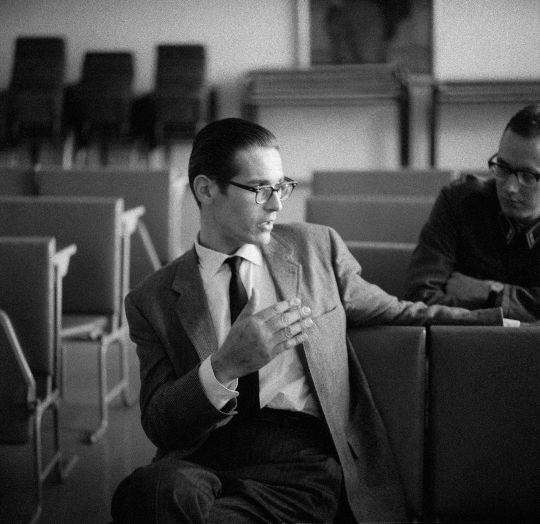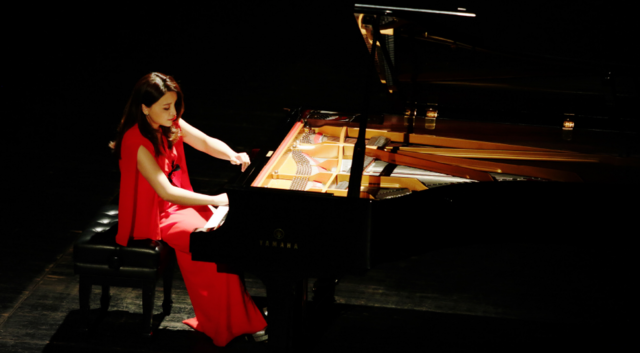The piano is the ultimate instrument in terms of skill and demand: Two hands have to play together simultaneously while navigating 88 keys. They can play up to 10 notes at a time. To manage all those options, pianists have to develop a totally unique brain capacity — one that has been revealed by science.

Because both hands are required to be equally active for pianists’ to master their instrument, they have to overcome something innate to almost every person: right or left-handedness.
When specialists scanned the brains of pianists, they found something different: Pianists had a demonstrably more symmetrical central sulcus than everyone else — thought they were born right or left-handed, their brains barely registered it. Because the pianists still had a dominant hand, researchers speculated that their equal depth was not natural, but resulted because pianists are able to strengthen their weaker side to more closely match their dominant side.

Already, then, pianists are able to make their brains into better-rounded machines. But it turns out the heavy-tax of piano playing makes their minds efficient in every way. A study by Dr Ana Pinho whose name kind of explains her research focus) showed that when jazz pianists play, their brains have an extremely efficient connection between the different parts of the frontal lobe compared to non-musicians. That’s a big deal — the frontal lobe is responsible for integrating a ton of information into decision making. It plays a major role in problem-solving, language, spontaneity, decision making, and social behavior. Pianists, then, tend to integrate all of the brain’s information into more efficient decision making processes. Because of this high-speed connection, they can breeze through slower, methodical thinking and tap into quicker and more spontaneous creativity.
Most shockingly, though, Pinho also found that when experienced pianists play, they literally switch off the part of the brain associated with providing stereotypical responses, ensuring that they play with their own unique voice and not the voices of others.





